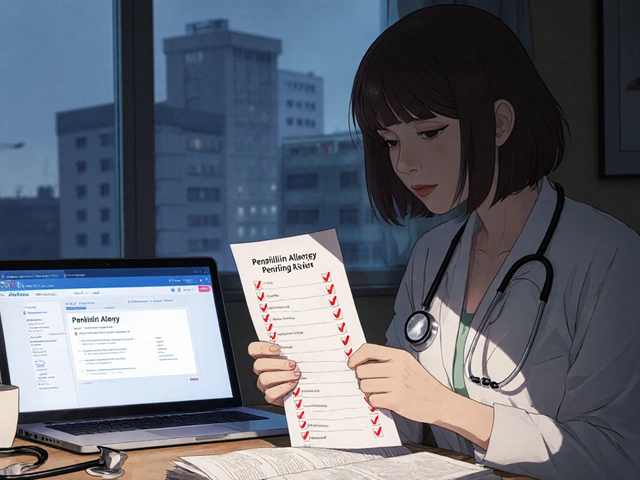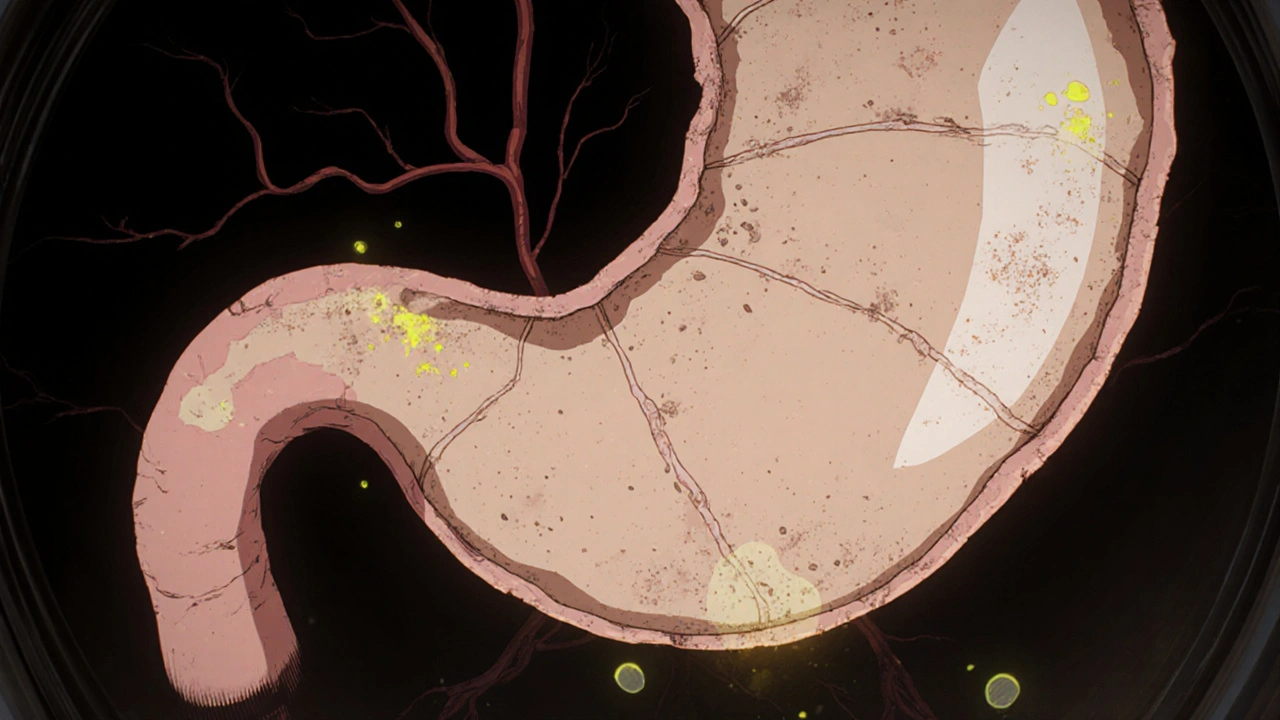B12 Supplementation: What It Does, Who Needs It, and What Really Works
When you hear B12 supplementation, the use of vitamin B12 to correct deficiency or support metabolic function. Also known as cobalamin, it's one of the few vitamins your body can't make—and you need it every single day to keep your nerves, blood, and brain working right. Most people get enough from meat, eggs, or dairy. But if you're over 50, vegan, have gut issues, or take acid-reducing drugs, you might be running low without knowing it.
Not all B12 is the same. cyanocobalamin, the most common and cheapest form used in supplements and injections. Also known as synthetic B12, it's stable and widely available, but your body has to convert it into the active form before use. methylcobalamin, the naturally occurring form that your body uses directly for nerve repair and homocysteine control. Also known as active B12, it’s often preferred for people with neurological symptoms or genetic issues like MTHFR mutations. If you’re taking B12 just because you’re tired, you might be wasting money. The real signs of deficiency are numbness in hands or feet, brain fog, balance problems, or unexplained anemia—not just low energy.
Getting tested matters. A blood test for serum B12 can miss early deficiency because it doesn’t show functional status. Doctors often check methylmalonic acid (MMA) and homocysteine levels instead—they’re better indicators of what’s actually happening in your cells. If your levels are low, oral supplements can work just as well as shots for most people, unless you have pernicious anemia or severe malabsorption. High doses aren’t harmful; your body just excretes what it doesn’t use.
There’s no magic dose. For maintenance, 2.4 micrograms a day is the RDA. But if you’re deficient, 1,000 to 2,500 mcg daily for a few weeks often brings levels back up fast. Some people need lifelong supplementation, especially if they’ve had stomach surgery or take metformin long-term. You don’t need to take it with food—B12 absorption doesn’t depend on stomach acid like other nutrients.
What you won’t find in most ads: B12 doesn’t boost energy if you’re not deficient. It won’t cure depression on its own, though it can help when paired with treatment. And no, it won’t make you sleep better unless low levels were causing nerve-related insomnia. The real benefit? Stopping the slow damage before it turns into permanent nerve problems or cognitive decline.
Below, you’ll find real-world guides on how B12 interacts with other meds, what forms work best for different people, and how to spot hidden deficiency signs that even doctors miss. No fluff. Just what works based on actual cases and science.
Atrophic Gastroenteritis and Vitamin B12 Deficiency: Essential Facts and How to Manage Them
Learn how atrophic gastroenteritis leads to vitamin B12 deficiency, spot symptoms, get diagnosed, and choose the right treatment to prevent anemia and nerve damage.
About
Health and Medicine
Latest Posts


Exercise for Weight Loss: Cardio vs. Strength Training - What Actually Works
By Orion Kingsworth Dec 2, 2025

How to Update Your Allergy List Across All Healthcare Providers
By Orion Kingsworth Nov 14, 2025

Hepatitis A: What You Need to Know About Infection, Prevention, and Recovery
By Orion Kingsworth Feb 28, 2026

